With new technologies revolutionizing data collection, wildlife researchers are becoming increasingly able to collect data at much higher volumes than ever before. Now we are facing the challenges of putting this information to use, bringing the science of big data into the conservation arena. With the help of machine learning tools, this area holds immense potential for conservation practices. The applications range from online trafficking alerts to species-specific early warning systems to efficient movement and biodiversity monitoring and beyond.
However, the process of building effective machine learning tools depends upon large amounts of standardized training data, and conservationists currently lack an established system for standardization. How to best develop such a system and incentivize data sharing are questions at the forefront of this work. There are currently multiple AI-based conservation initiatives, including Wildlife Insights and WildBook, that are pioneering applications on this front.
This group is the perfect place to ask all your AI-related questions, no matter your skill level or previous familiarity! You'll find resources, meet other members with similar questions and experts who can answer them, and engage in exciting collaborative opportunities together.
Just getting started with AI in conservation? Check out our introduction tutorial, How Do I Train My First Machine Learning Model? with Daniel Situnayake, and our Virtual Meetup on Big Data. If you're coming from the more technical side of AI/ML, Sara Beery runs an AI for Conservation slack channel that might be of interest. Message her for an invite.
Header Image: Dr Claire Burke / @CBurkeSci

Explore the Basics: AI
Understanding the possibilities for incorporating new technology into your work can feel overwhelming. With so many tools available, so many resources to keep up with, and so many innovative projects happening around the world and in our community, it's easy to lose sight of how and why these new technologies matter, and how they can be practically applied to your projects.
Machine learning has huge potential in conservation tech, and its applications are growing every day! But the tradeoff of that potential is a big learning curve - or so it seems to those starting out with this powerful tool!
To help you explore the potential of AI (and prepare for some of our upcoming AI-themed events!), we've compiled simple, key resources, conversations, and videos to highlight the possibilities:
Three Resources for Beginners:
- Everything I know about Machine Learning and Camera Traps, Dan Morris | Resource library, camera traps, machine learning
- Using Computer Vision to Protect Endangered Species, Kasim Rafiq | Machine learning, data analysis, big cats
- Resource: WildID | WildID
Three Forum Threads for Beginners:
- I made an open-source tool to help you sort camera trap images | Petar Gyurov, Camera Traps
- Batch / Automated Cloud Processing | Chris Nicolas, Acoustic Monitoring
- Looking for help with camera trapping for Jaguars: Software for species ID and database building | Carmina Gutierrez, AI for Conservation
Three Tutorials for Beginners:
- How do I get started using machine learning for my camera traps? | Sara Beery, Tech Tutors
- How do I train my first machine learning model? | Daniel Situnayake, Tech Tutors
- Big Data in Conservation | Dave Thau, Dan Morris, Sarah Davidson, Virtual Meetups
Want to know more about AI, or have your specific machine learning questions answered by experts in the WILDLABS community? Make sure you join the conversation in our AI for Conservation group!
- @Gabonia
- | He/him
GABriel ONIfade A. (GABONIA / mrGab), is an educator, a CS and AI advocate, a Data Engineer, an AI Engineer, an Entrepreneur, and curriculum developer based in Brooklyn, New York (NYC DOE District 19). With a background in Systems Engineering, Gabriel specializes in CS & AI Edu.
- 1 Resources
- 1 Discussions
- 4 Groups
- @siddharth119
- | He/Him
Co-founder of Habitat Robotics, a conservation-tech non-profit
- 0 Resources
- 0 Discussions
- 3 Groups
- @Kwabs22
- | He
I'm a dynamic environmental conservationist driving change through research and innovation. I merge farming experience with agroforestry skills and drone technology, fueled by a passion for sustainable agriculture, championing a greener future for a sustainable food system.
- 0 Resources
- 0 Discussions
- 3 Groups
Conservation X Labs
Inventor/Engineer at Parula Innovations, Hardware Engineer for Sentinel at Conservation X Labs, (Recovering) Field Biologist
- 0 Resources
- 0 Discussions
- 6 Groups
Research software engineer working in computer vision for animal behaviour
- 1 Resources
- 1 Discussions
- 13 Groups
Xeno-canto
Co-founder and admin of Xeno-canto.
- 0 Resources
- 2 Discussions
- 2 Groups
- @annavallery
- | she/her
Seabird biologist experienced in research and applied conservation. Dedicated to conducting and using innovative research to inform conservation decisions.

- 0 Resources
- 2 Discussions
- 5 Groups
- @yvetteehlers
- | she
I am the regional ecologist for South-Eastern KwaZulu-Natal at Ezemvelo KZN Wildllife and a honorary research fellow at the Centre for Functional Biodiversity at the School of Life Sciences, University of KwaZulu-Natal.
- 0 Resources
- 5 Discussions
- 2 Groups
I help conservation scientists spend less time on boring stuff.


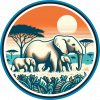
- 0 Resources
- 53 Discussions
- 6 Groups
- @mlamb2
- | she/her
PhD Student working on a computer vision model to detect colonial waterbirds along the Texas coast in aerial imagery
- 0 Resources
- 3 Discussions
- 3 Groups
- @ppalencia
- | Dr
I am Pablo Palencia, a postdoctoral researcher at Biodiversity Research Institute (IMIB). I am interested on develop and fine-tuning cutting-edge tools for wildlife management and conservation, wit a special mention of camera trapping ;)
- 0 Resources
- 0 Discussions
- 7 Groups
I'm a young conservationist from Ghana with over 7 years experience in Pangolin Conservation. My focus in Conservation is the human dimension of conservation. I am currently the manager for the Onepone Endangered Species Refuge.
- 0 Resources
- 0 Discussions
- 8 Groups
Article
Traceability (knowing where products come from and how they are made) is a foundational pre-cursor for many sustainability interventions. While many tools have been developed to offer high-level insight about the...
26 November 2015
The speed at which data travels from the point of collection to a format which is understandable and useful for decision makers can be of critical importance. In this case study, Tim Wilkinson discusses a powerful suite...
6 November 2015
New technologies offer a lot of potential for conservation, but are there potential risks to deploying these new technologies? In this first thought piece for the Ethics of Conservation Tech Group, Dr Chris Sandbrook...
2 November 2015
June 2025
event
July 2025
October 2025
event
event
April 2024
event
event
73 Products
Recently updated products
16 Products
Recently updated products
| Description | Activity | Replies | Groups | Updated |
|---|---|---|---|---|
| Play FathomVerse: App Store | Google Play Join the Community: Discord | Instagram | TikTok | LinkedInStay up-to-date: ... |
|
Marine Conservation, AI for Conservation, Citizen Science | 1 month 3 weeks ago | |
| Really looking forward to following this project. I'm very curious how you'll be able to tease out different species, particularly among species that feature a variety of worker... |
|
Acoustics, AI for Conservation | 1 month 3 weeks ago | |
| I am interested in the use of Large Language Models (LLMs) for conservation, specifically in how they can be improved with Retrieval-... |
|
AI for Conservation | 1 month 3 weeks ago | |
| Yep see you on friday |
+3
|
Geospatial, Acoustics, AI for Conservation, Camera Traps, Citizen Science, Community Base, Data management and processing tools, Emerging Tech, Open Source Solutions, Protected Area Management Tools | 1 month 3 weeks ago | |
| Yep we are working on it 1/ segment 2/remote unwanted ecosytem3/get local potential habitat4/generate5/add to picture |
|
Geospatial, AI for Conservation, Data management and processing tools, Open Source Solutions, Software Development | 1 month 3 weeks ago | |
| All sound, would be nice if there were only 5, though! |
|
AI for Conservation, Citizen Science, Data management and processing tools, Emerging Tech, Ethics of Conservation Tech, Funding and Finance, Geospatial, Open Source Solutions, Software Development | 1 month 4 weeks ago | |
| I'm sure others here can comment better than I on models for classifying animal sounds, but from an ML pint of view, a key concern is getting enough data. 10 recordings does not... |
|
AI for Conservation, Animal Movement, Human-Wildlife Conflict | 2 months ago | |
| Hi WILDLABS Community,I’m Simon Juma from Kenya, working on a project to track and manage Red-billed Quelea birds, which... |
|
AI for Conservation, Sensors | 2 months ago | |
| Hi everyone, I’m excited to become a member of Wild Lab! I’m currently working on my master’s thesis, focusing on dormouse conservation. My research explores the behavioral... |
|
AI for Conservation, Animal Movement, Camera Traps, Citizen Science, Community Base, Data management and processing tools, Early Career, Geospatial | 2 months 1 week ago | |
| That's amazing thanks so much! |
|
Acoustics, AI for Conservation, Data management and processing tools, Early Career | 2 months 1 week ago | |
| Thanks again for the interesting discussion everyone! Just a note that while I touched on it in my opening post above, there were still questions in this thread about what... |
+28
|
Open Source Solutions, AI for Conservation, Ethics of Conservation Tech, Software Development | 2 months 2 weeks ago | |
| Thanks @VAR1 great insights! Funny you mentioned the honey thing, @hikinghack said the same in response on the GOSH forum. I think the point I'm trying to make with the vegan... |
|
Open Source Solutions, AI for Conservation, Conservation Tech Training and Education, Ethics of Conservation Tech, Geospatial, Software Development | 2 months 2 weeks ago |
Google.org commitment on using AI to accelerate progress on global development goals
16 September 2022 6:31pm
Research Software Engineer, Climate & Sustainability, IBM
16 September 2022 2:18pm
CamTrap Ecology meets AI conference
14 September 2022 4:47pm
Join the BirdNET team!
9 September 2022 2:43pm
Postdoc: Interpretable ML for species-based image classification
1 September 2022 9:34pm
New paper - 'soundClass: An automatic sound classification tool for biodiversity monitoring using machine learning'
1 September 2022 8:53pm
Introducing G.AI.A: Artificial Intelligence and Planetary-Scale Environmental Management
31 August 2022 10:25pm
Mara Predators Hackathon
30 August 2022 1:28pm
Research Associate in Conservation Ecology at QUT
29 August 2022 2:54pm
Conservation Technology Research Internship
26 August 2022 4:58pm
Postdoc in the application of AI for wildlife conservation & management
26 August 2022 11:47am
Online Hackathon: Predators conservation in the Maasai Mara
22 August 2022 10:32am
Ceres Wild Rhino application
22 August 2022 1:29am
Lead Software Engineer for ARISE
19 August 2022 8:22am
Lead Software Engineer, Wildlife Insights
10 August 2022 11:06pm
Research Technician - Unoccupied Aircraft Systems Pilot and Geospatial Analyst
10 August 2022 10:40pm
Building a simple AI-powered, human-in-the-loop system to manage wildlife camera trap images & annotations
10 August 2022 8:12pm
3yr Postdoctoral Associate: Remote Sensing and Unoccupied Aircraft Systems
10 August 2022 5:29pm
Catch Up with the WILDLABS Variety Hour: August 2022
10 August 2022 11:44am
Technology may solve climate change problems, but it’s also causing them | VentureBeat
8 August 2022 11:26am
Can deep learning identify seabirds? (species, within-species, individual)
25 May 2022 8:24pm
21 June 2022 4:55pm
Update: I asked the same question on twitter so I'm sharing answers I got there:
Let's chat! We've been training models to run on trail cameras as images/videos are captured, and have worked on migratory birds along coastlines (more info: https://t.co/NzW4GO2Wqp)
— Henrik Cox (@henrik_cox) June 1, 2022
21 June 2022 5:41pm
Hi Yvan,
I dropped this into the AI for Conservation slack group as well, you got this reply this morning:

Steph
8 August 2022 11:12am
Hi Yvan,
If you find something which reaches your expectation and especially the ability to identify individual with plumage patterns I will be intereted.
In the same idea that Ultralytics, there is :
Lobe · GitHub
Machine Learning Made Easy. Lobe has 11 repositories available. Follow their code on GitHub.
Which could probably answer your first and second requirements.
And find here a great website showing all the IA-based camera software, you may find solutions or contact throw this list:
Tiger, Tiger, in the Night... Now Visible in Real Time
5 August 2022 4:07pm
7 October 2024 9:47am
7 October 2024 9:55am
What is embedded ML, anyway?
5 August 2022 3:48pm
Biological Data Science Summer Workshop
5 August 2022 3:03pm
Wild Me is hiring
Identify animal from Image
2 August 2022 1:37am
2 August 2022 2:54am
Hi Jitendra.
If they are still images, many people are using Megadetector to analyze their images. I'm not sure how it will do in species classification, but it can tell you if there are images of interest in the shots. Others here can probably give you more detailed instructions on how to use it to batch process camera trap images.
2 August 2022 10:24am
Have you considered creating a Kaggle competition? If you already have lots of images, and some that have been labelled, then this could be a good way to get people working on a solution
CERES TAG
22 July 2022 3:36am
Earth Species Project - Senior AI Research Scientist
15 July 2022 6:40pm
The Foes and Floes of Labelling Aerial Pictures Manually
13 July 2022 12:43am








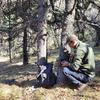

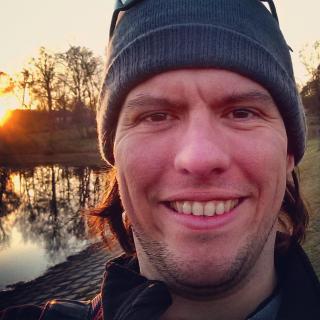
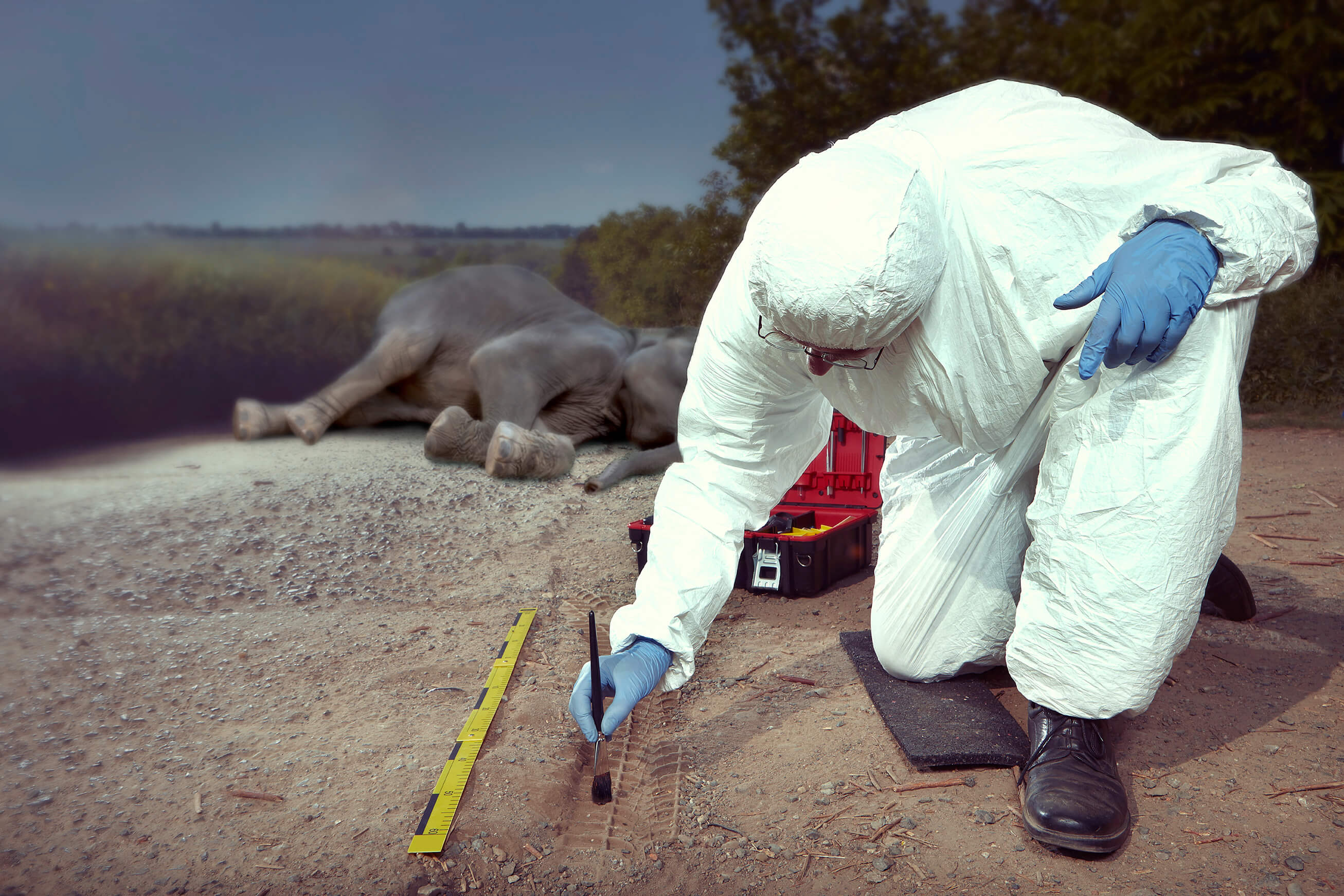
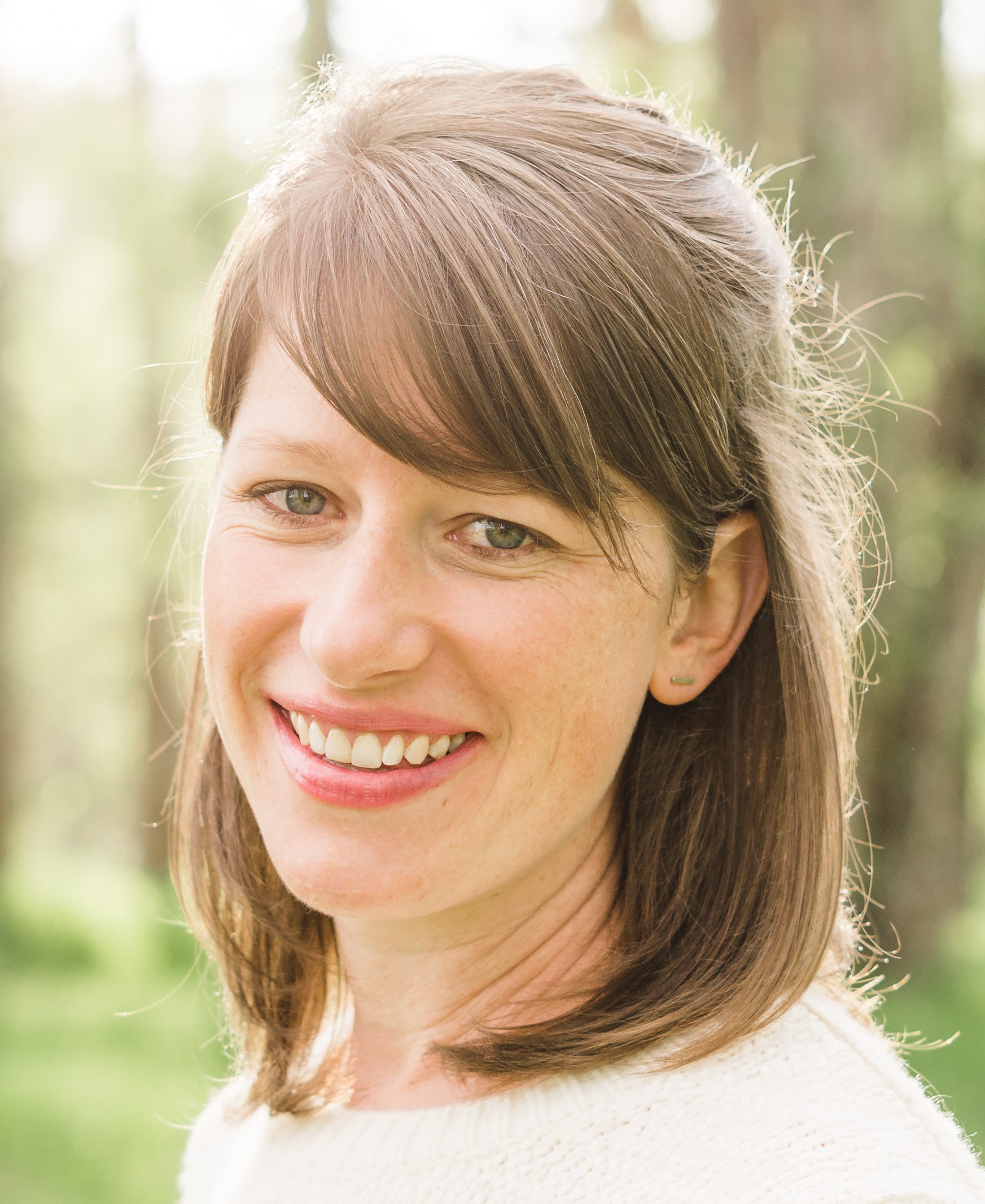

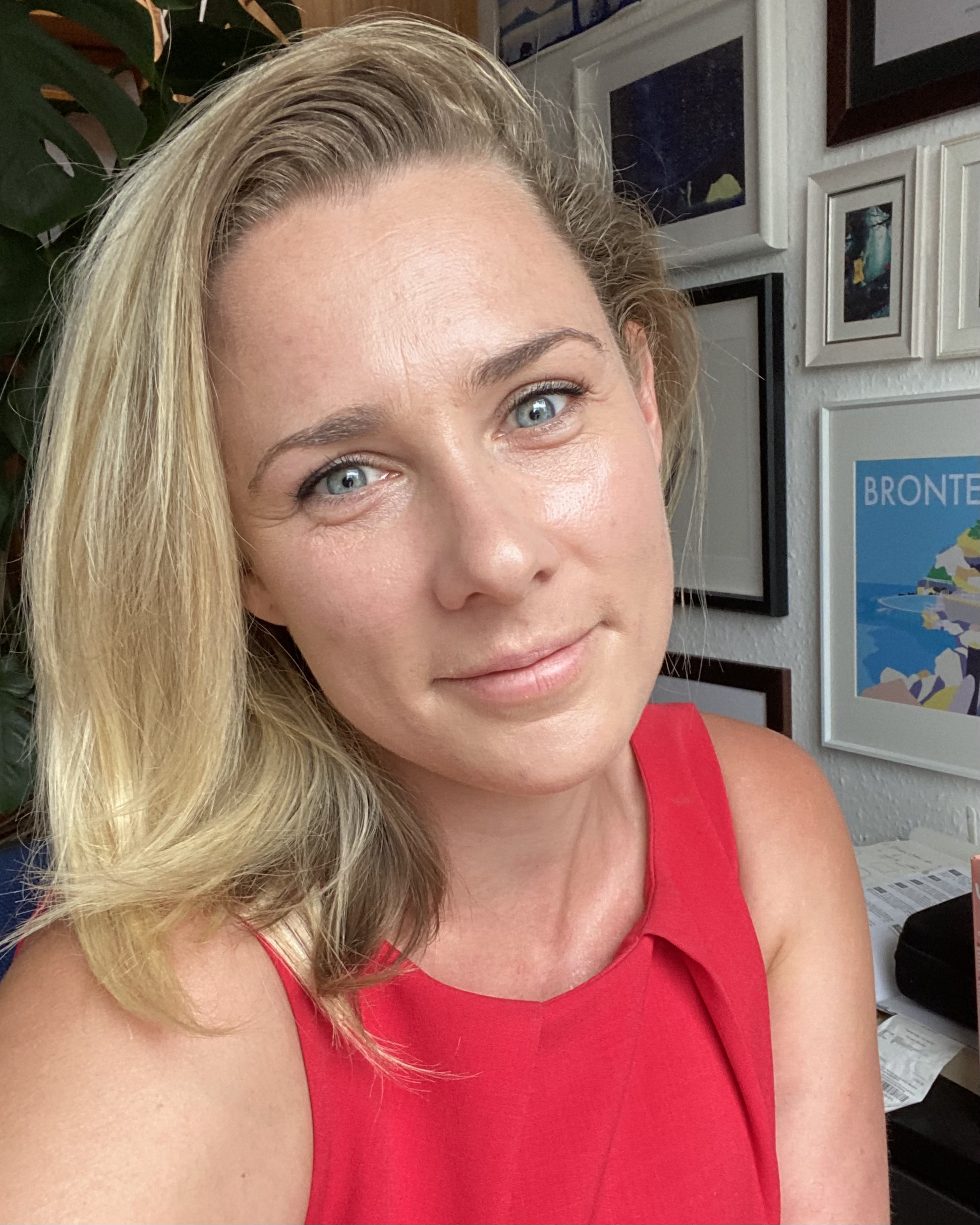










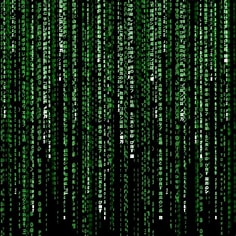





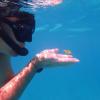



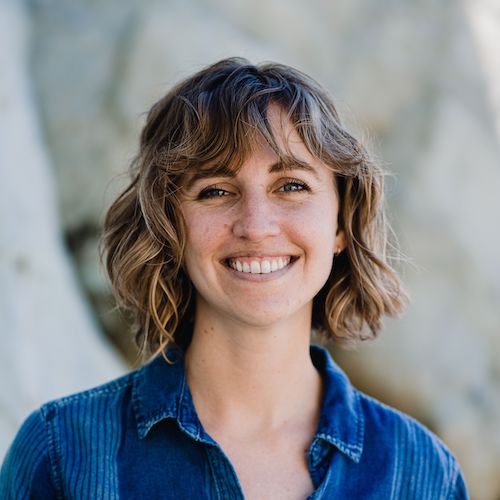
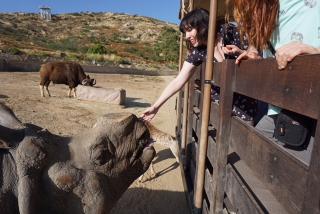
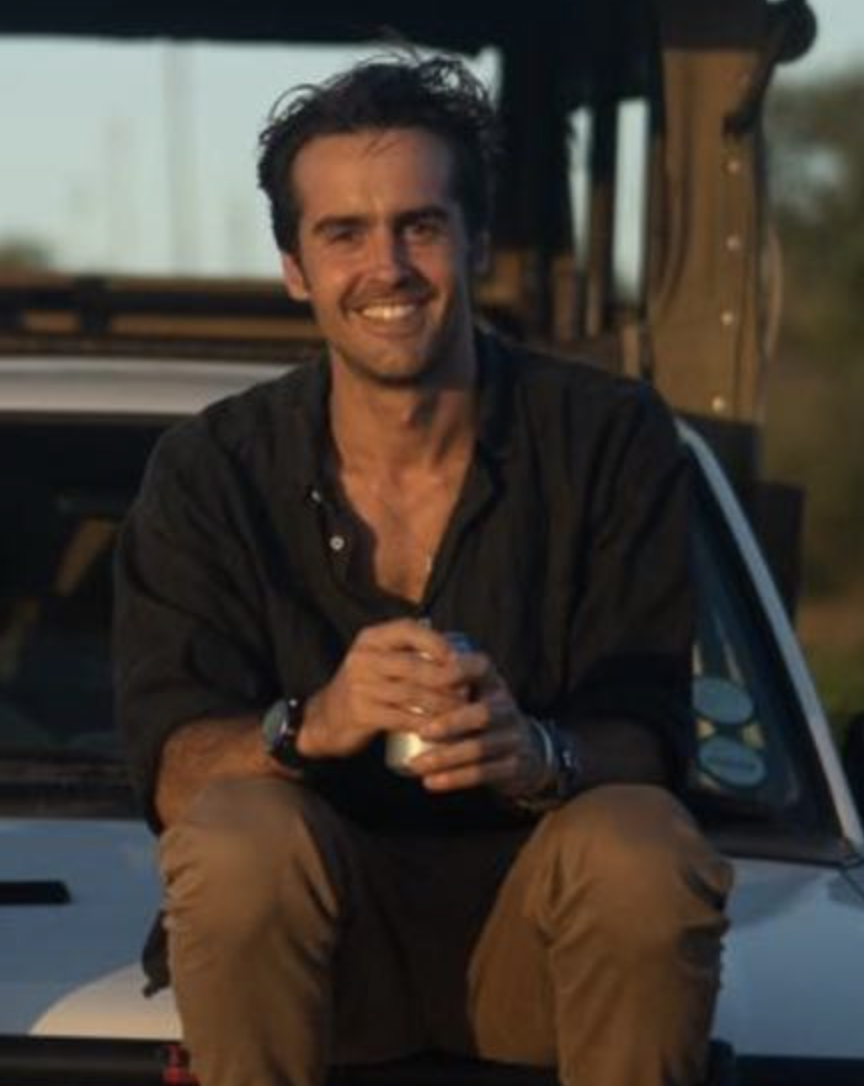

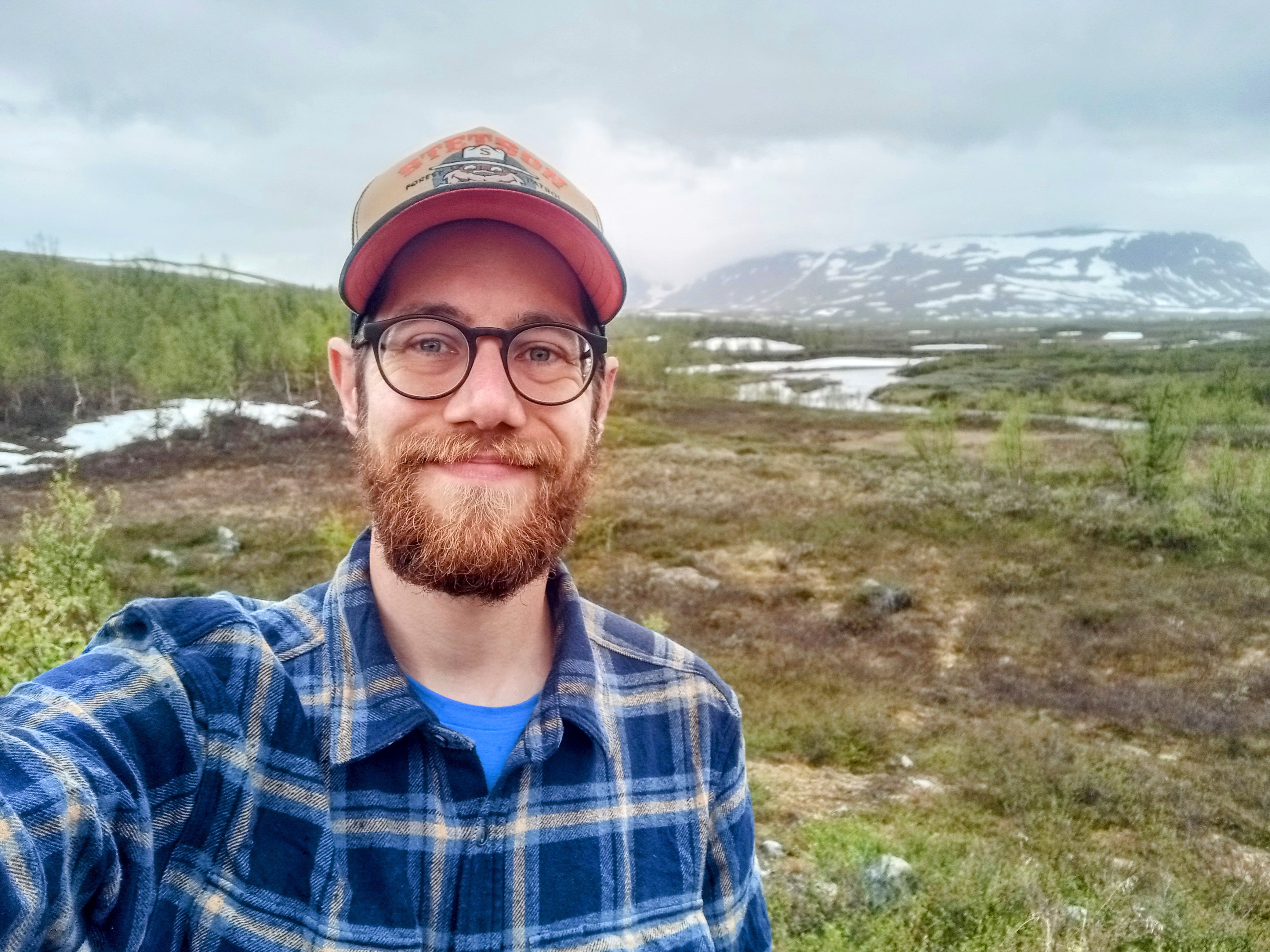


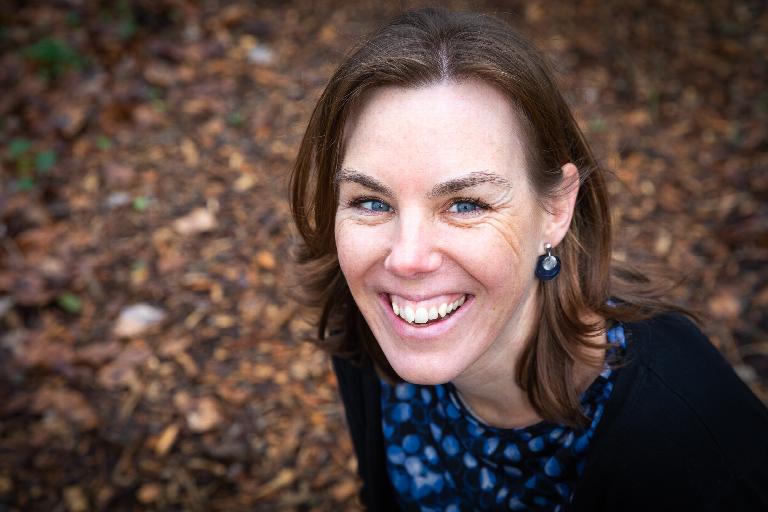
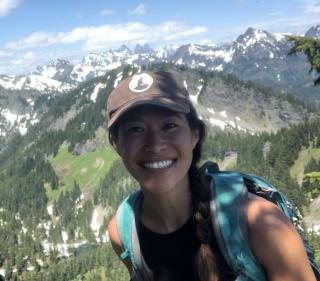




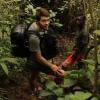







29 September 2022 4:05am